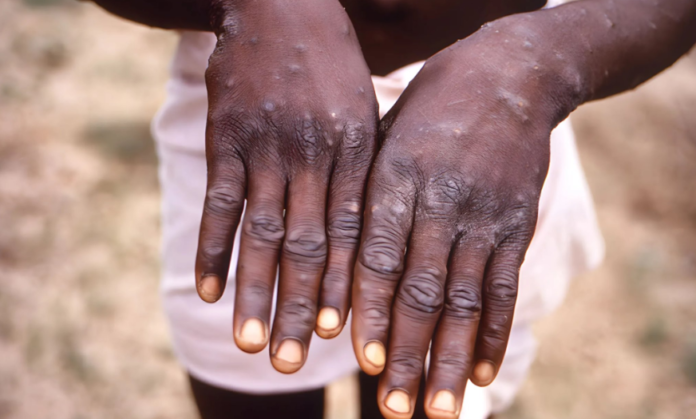The UK has urgently begun stockpiling mpox vaccines following the arrival of a dangerous new strain of the virus, known as Clade 1. This variant, which has a higher mortality rate and spreads more rapidly, has already been detected in Sweden and Pakistan.
In response, the UK Health Security Agency (UKHSA) has issued guidance to NHS staff on how to identify and manage cases of the virus. The World Health Organization (WHO) has declared the outbreak a global health emergency, raising serious concerns about the virus’s potential spread beyond Africa, where it is typically found.
Also Read: UN Chief Demands Humanitarian Ceasefires to Facilitate Polio Vaccination in Gaza
As the Clade 1 variant reaches British shores, authorities are intensifying efforts to contain its spread and protect public health.
Key Points:
- The UK has stockpiled mpox vaccines in response to the arrival of the deadly Clade 1 strain of the virus.
- The Clade 1 variant is known for its higher mortality rate and faster spread compared to other strains.
- This variant has already been detected in Sweden and Pakistan.
- The UK Health Security Agency (UKHSA) has issued guidance to NHS staff on recognizing and managing symptoms.
- The World Health Organization (WHO) has declared the outbreak a global health emergency, with concerns about the virus spreading beyond Africa.
WHO Director-General Declares Mpox Outbreak a Public Health Emergency of International Concern
The World Health Organization (WHO) has officially classified the ongoing mpox outbreak in the Democratic Republic of the Congo (DRC) and surrounding African nations as a Public Health Emergency of International Concern (PHEIC). This designation represents the highest level of global health alert and highlights the severity of the outbreak and the alarming symptoms associated with the virus.
Mpox, a viral illness, typically begins with symptoms such as fever, headache, muscle aches, and swollen lymph nodes. The most distinctive and troubling symptoms are the rashes and lesions that appear on the skin. These lesions usually start on the face and hands but can spread to other areas, including the torso and limbs.



